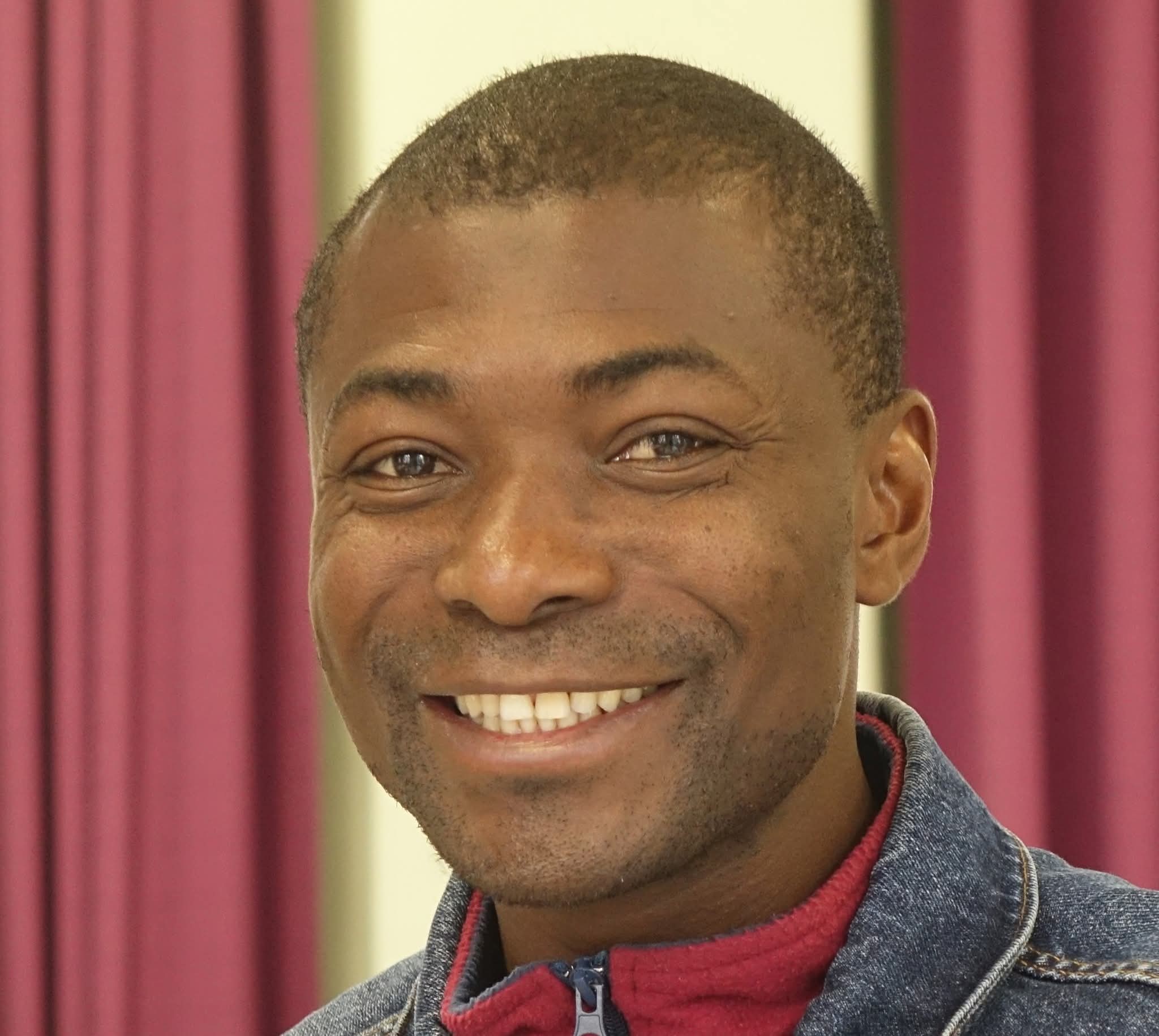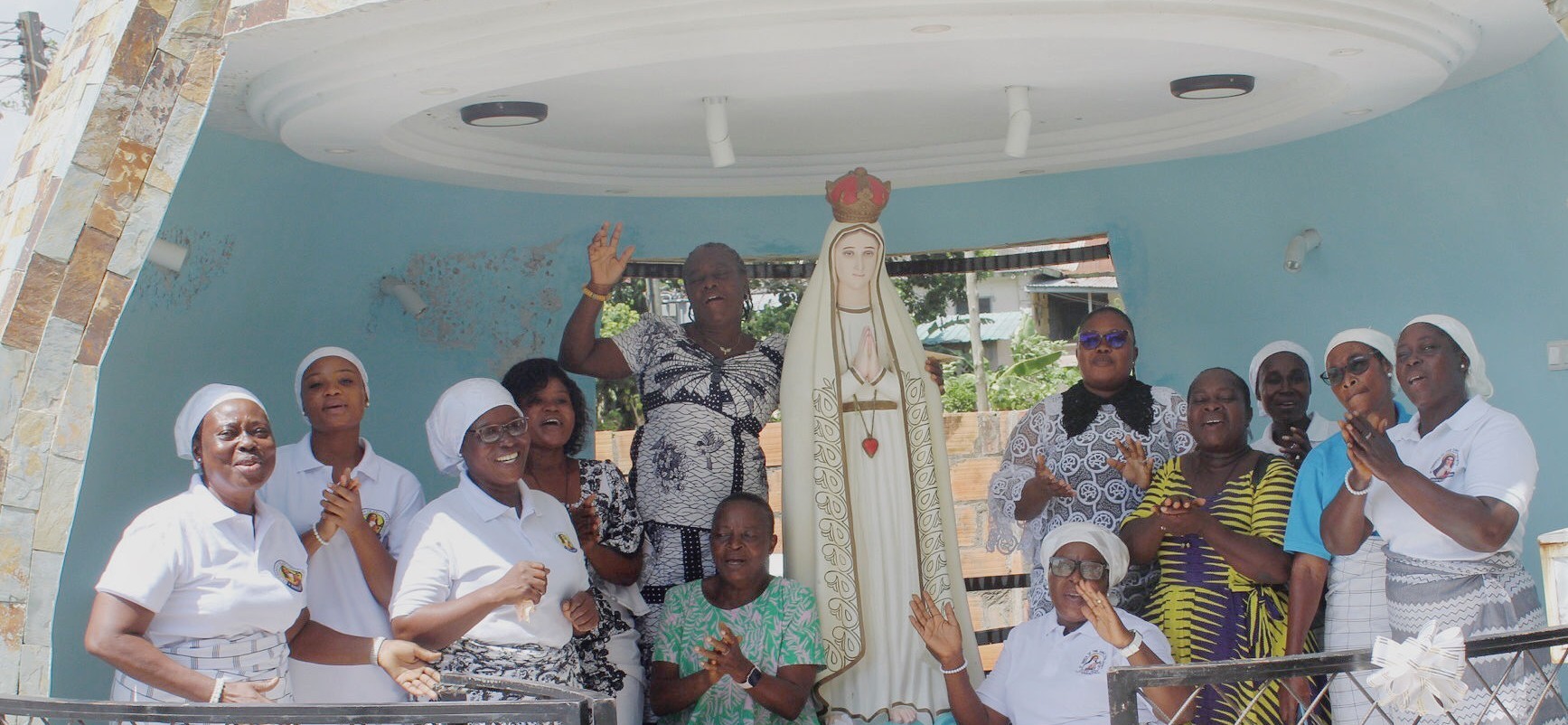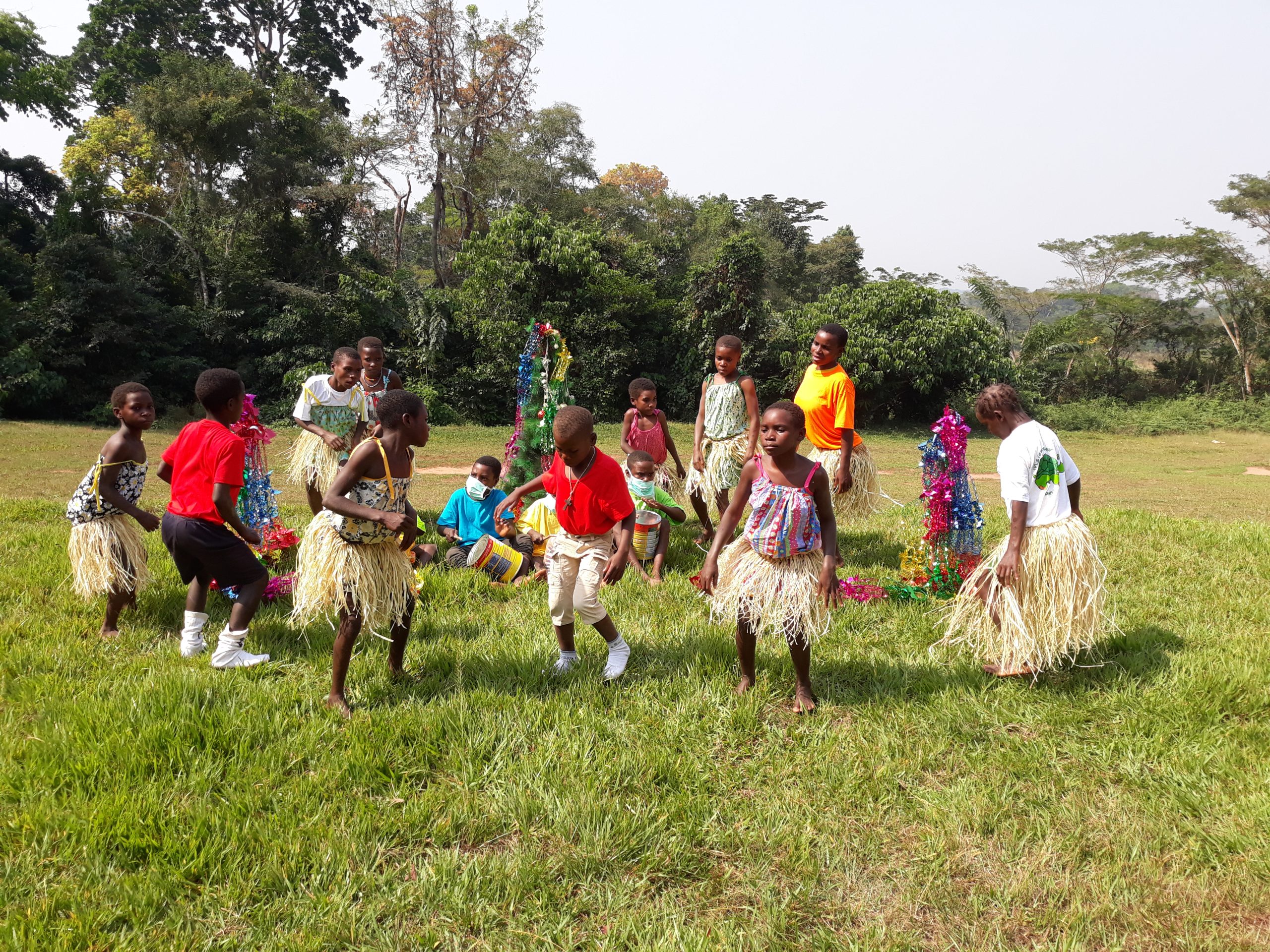After 14 years of mission work, the Italian SMA missionary priest and activist reflects on exile, memory, and the wounds that must never heal.
The Trap of Departure
“Each time, I tell myself it’s the last. The last mission, the last country, the last people to leave behind…”
A life between shores
With these words, Fr. Mauro Armanino, a priest of the Society of African Missions (SMA), anthropologist, and poetic witness of the Sahel, marks the end of a 14-year journey in Niger. His farewell is not a resignation but a testimony. It speaks to wounds that must remain open so that they do not become forgotten. This is not merely the end of a mission—it is a spiritual and historical account of a life lived among the “last and least” of the earth.
From Chiavari to the Sahel
Born in 1952 in Chiavari, Italy, Mauro Armanino’s first calling was not to the priesthood but to factory work and trade union activism. After seven years among workers in Casarza Ligure, he redirected his life. In 1976, he volunteered in Côte d’Ivoire—an act of civil service in lieu of military conscription—that became his entry into missionary life.
Ordained by the Society of African Missions in Genoa, he served as a youth chaplain before embarking on international missions that took him to Argentina and war-torn Liberia, where he encountered displacement and civil conflict firsthand. His journey was periodically interrupted by returns to Italy, where he ministered to migrants and prisoners in Genoa’s Marassi prison, and pursued academic work, earning a doctorate in cultural anthropology.
A mission etched in sand
In 2011, Armanino arrived in Niamey, the capital of Niger. His mission was simple but profound: to be present. He became a companion to the displaced, the undocumented, the persecuted, and the poor. Through refugee camps, burning churches, and civil unrest, he stood with those who had no voice.
“One sets out for a time, hoping and believing to stay forever…”
He knew the illusion of permanence, yet he stayed. He describes his time as a passage from the country printed on a map to the real country—faces, names, roads, and stories written in sand and carried by the wind.
The gospel in exile
Armanino’s mission was deeply rooted in the Gospel but not confined by the institution. He criticized militarism and neocolonialism, both African and European. In 2017, his open letter to the Italian Parliament condemning Italy’s military intervention in Niger gained national attention. He challenged policies that disguised geopolitical control as anti-terrorism, and humanitarian aid as a means of border enforcement.
“There are indeed wounds that should never heal…”
He wrote that such wounds are sacred—they remind us of the cry of the poor. These are the wounds of Christ in today’s world, and his mission was to remain close to them.
Witness to the forgotten
His writing—both academic and literary—bridged faith and reality. Books such as La nave di sabbia, Mare muro, L’arca perduta del Mediterraneo, and others gave voice to the invisible. He documented not just tragedy, but dignity: the elegance of the poor during feast days, the daily miracles of survival, the beauty of children playing near broken traffic lights.
“In the returning suitcase, there is everything and nothing of what has been lived, loved, betrayed, and in this case, left behind.”
Memory and absence, presence and departure cohabited in his vocation. He became, in his own words, a “creature of sand,” shaped by fragility and hope.
Dignity in captivity
He concludes his final testimony with tribute to Moussa Tchangari, a prominent civil society activist in Niger, imprisoned since December 3 of the previous year. Tchangari, a longtime friend and companion on the path of justice, refused to conform to the dictates of a corrupt system.
“With bare hands, he remains free to write the only truth for which one may even give one’s life.”
That truth, Fr. Mauro insists, is dignity—the kind that no prison can take away. It is this dignity he carries with him in his suitcase, along with grief, hope, and unhealed wounds.
From the great suburb of the world
“One leaves the south not knowing if the internet will work, when the next power cut will come, or if the missed appointment will ever be rescheduled…”
His farewell paints a living picture of the ordinary sacred: donkeys reigning on roads, children everywhere, and the chaotic grace of life without guarantees. His memory holds the names of those buried in Niamey’s Christian cemetery, migrants who died before their journey began, refugees who found a final resting place in desert sand.
His departure is not bitter. It is luminous in its pain. It is Eucharistic: a thanksgiving for having seen, touched, and lived among those who, he insists, “create the only true transformation of the world.”
To leave is to remain
He quotes Antonio Machado: “Se hace camino al andar.” One makes the path by walking. Yet each time he leaves, he tells himself it is the last. Then he leaves again. And falls once more into the holy trap of return.
As he packs his bags, Armanino knows the trap awaits. The Sahel’s sand, he admits, is a trickster—luring him back, again and again. But for now, the journey ends. “I return,” he writes, “with nothing and everything.”
Fr. Mauro Armanino’s last mission may be over, but the road he walked—etched into the sands of Niger—remains.
By Fr. Dominic Wabwireh







Leave a Reply